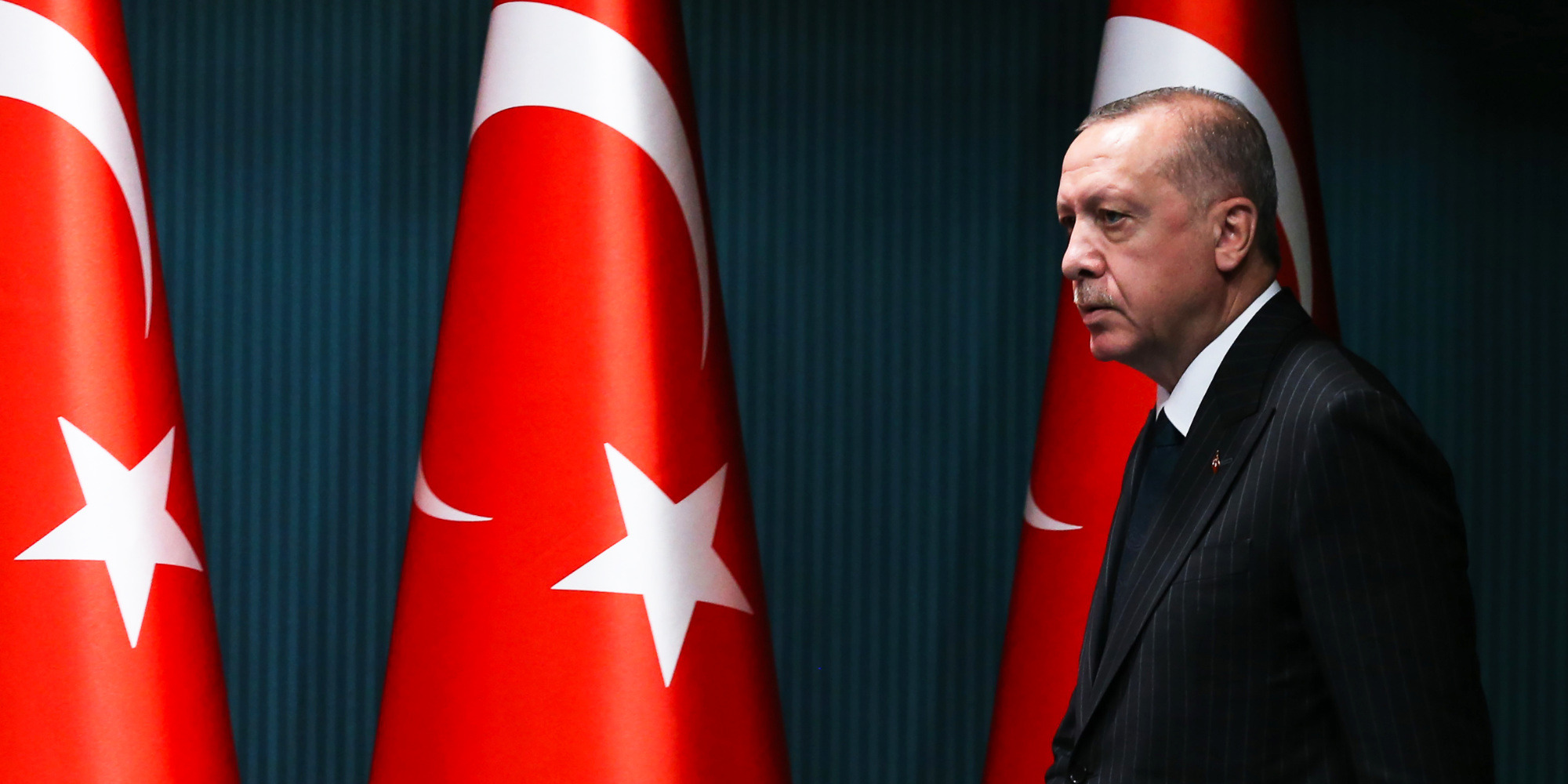Recep Tayyip Erdogan has publicly questioned the "mental health" of Emmanuel Macron.
For journalist and political scientist Ahmet Insel, guest of Europe 1 on Monday, these attacks are a direct continuation of his harsh rhetoric used in national politics.
INTERVIEW
The tone continues to rise between France and Turkey.
Criticizing Emmanuel Macron's comments on the cartoons, Turkish President Recep Tayyip Erdogan has publicly questioned the "mental health" of the French president.
France has since recalled its ambassador to Paris.
"Erdogan carries his speech at the international level which has become daily at the level of domestic politics", analyzes the Turkish journalist and political scientist Ahmet Insel at the microphone of Europe 1.
"He insults everyone. Critical opponents are brought before the courts, he does not support criticism", summarizes Ahmet Insel, who adds however: "He has a fascist spirit".
"Political leader and religious leader"
According to the specialist, Erdogan "plays at creating an Islamo-nationalist fervor" in order to stay in power.
The president seeks to enhance his image in Turkey, satisfying the components of his alliance, far-right nationalists and secular nationalists.
And internationally, his goal is to present himself as the defender of Muslims, which leads to seeing him not only as a Turkish nationalist but also as a nationalist-religious: "He builds a strong image of Turkey, a regional power that will reign over the former Ottoman lands. "
The religious dimension is indeed very present in the policy of the leader of Erdogan.
Ahmet Insel notably recalls his highly symbolic gesture of transforming the Hagia Sophia Museum into a mosque.
"He read, as president of the republic, a sura of conquest of the Koran. He positions himself as both political leader and religious leader."
>>
Find Europe Matin in replay and podcast here
A leader yet in difficulty
Ahmet Insel, however, describes a Turkish leader in difficulty.
On the national scene, he would be unable to gather a majority on his own for the presidential elections of 2023 and must therefore count on the support of nationalist political groups.
The country also finds itself increasingly isolated on the international scene, alienating its NATO allies, including France, and increasing friction with Russia.
Turks also find it difficult to present themselves as champions of Islam in a predominantly Arab Middle East.
In this context, Erdogan's position in favor of a boycott of French products could hardly lead to a lasting destabilization of France on the international scene.
Some individual initiatives have been followed in Qatar, Jordan or Kuwait but "for the moment it is not a nationally organized movement in each of the countries," says Ahmet Insel.

